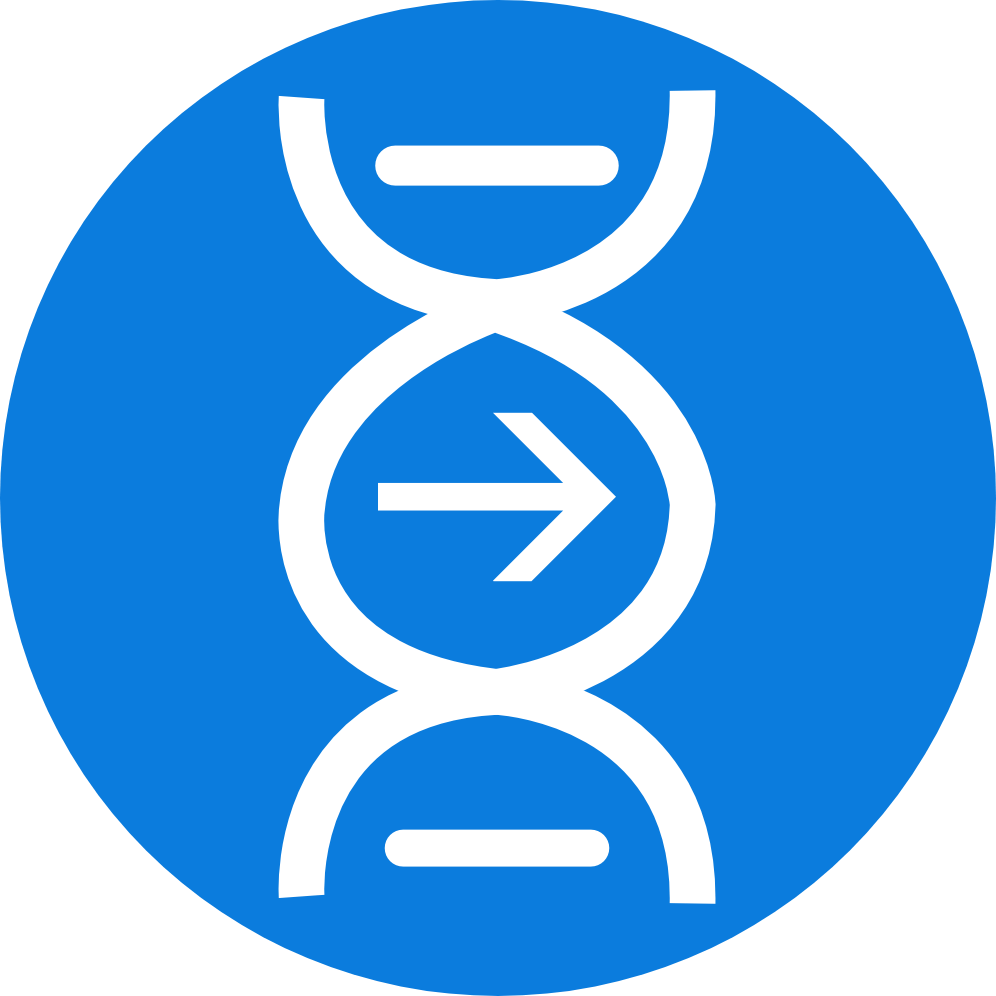Two different platforms communicate over protocols which consist of
functions and arguments in ascii form. System might be little
endian/big endian.
It is possible to format string using sprintf and retreive it using
sscanf.
Each parameter has a delimiter, data type size is ported to the
platform, and expected argument order is known.
Is this approach portable w.r.t. endianess ?
regards,
Pramod
functions and arguments in ascii form. System might be little
endian/big endian.
It is possible to format string using sprintf and retreive it using
sscanf.
Each parameter has a delimiter, data type size is ported to the
platform, and expected argument order is known.
Is this approach portable w.r.t. endianess ?
regards,
Pramod


Comment